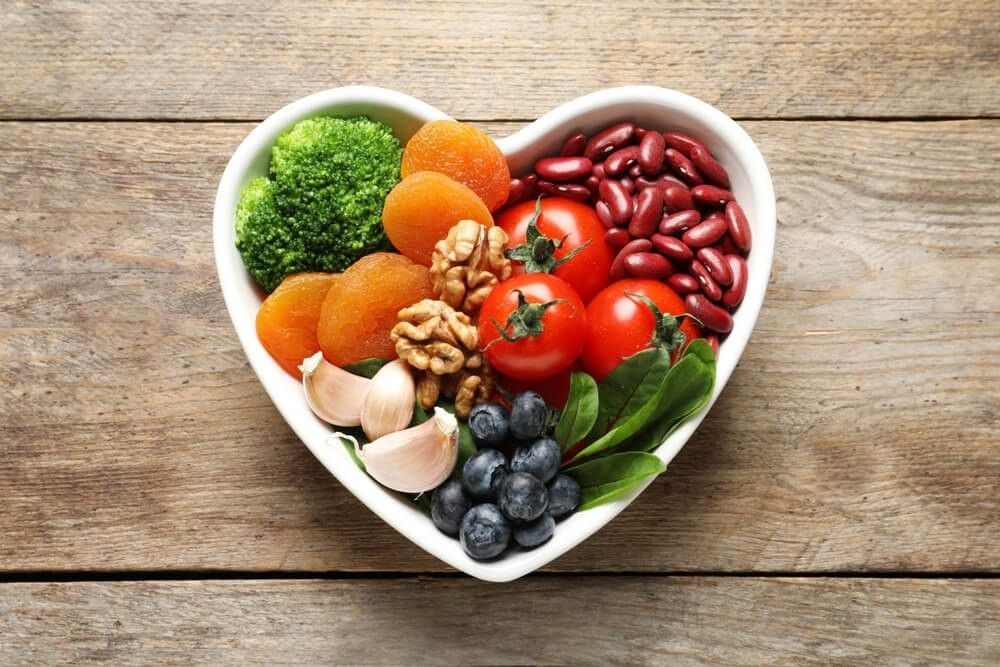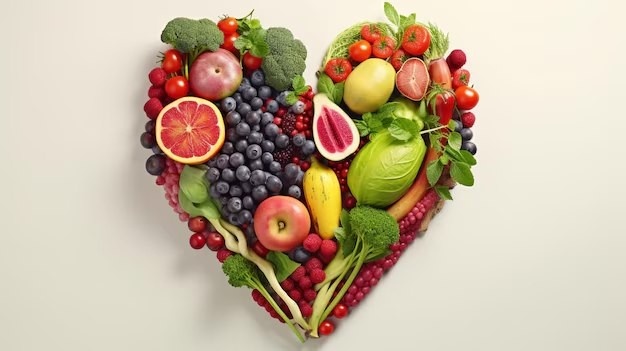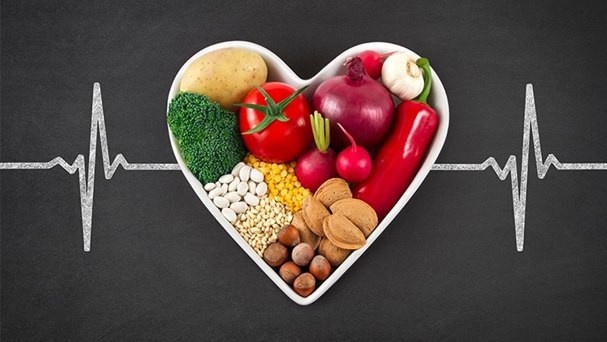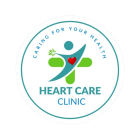Table of Contents
The Role of Diet in Heart Health
Introduction – Heart Health By Diet Control
Heart Health By Diet Control and Global heart disease statistics show that it is the leading cause of human death and accounts for millions of deaths every year. Heart disease comprises coronary artery disease, heart attacks, perplexed strokes, and other cardiovascular diseases. Although genetics and a lifestyle certainly play a large role in the development of heart disease, diet is also a very significant component of maintaining the health of one’s heart.
In more ways than simply understood, various food impacts the cardiovascular system; therefore, one can make choices that are relevant to averting heart disease as well as turning out to take good care of oneself. Below is a full guide on the role of diet in heart health, which includes information on foods that promote a healthy heart, their associated nutrients, diets, and how to best keep a heart-healthy lifestyle.
Understanding Heart Health
The heart is a muscular organ whose job is to pump blood to various parts of the body, delivering their quota of oxygen and nutrients and carrying away wastes. Maintaining good heart health is an outcome of keeping various risk factors at bay-high blood pressure, high cholesterol, obesity, and inflammation. Diet has one of the most important functions in controlling these risk factors and thus ensuring a healthy heart.

1. Coronary Artery Disease (CAD)
Due to the development of plaque in the arteries, thus reducing the flow of blood to the heart.
May cause chest pain, heart attacks, stroke, among other complications.
2. Heart Attacks
When the blood supply to part of the heart is blocked, a heart attack can occur due to damage to the heart muscle.
Symptoms can range from chest pain, shortness of breath, to nausea.
3. Strokes
Do when blood inflow to the brain is intruded, causing brain damage. Symptoms include unforeseen impassiveness, confusion, and difficulty speaking.
4. Heart Failure
A condition where the heart is unfit to pump blood effectively. Symptoms include fatigue, briefness of breath, and swelling in the legs.
Role of Diet in Heart Health
Diet influences heart health through a variety of mechanisms:
• Control of blood pressure
• Cholesterol management
• Blood-sugar control
• Inflammation reduction
• Maintaining a healthy body weight
Heart-Healthy Foods and Nutrients
There are some foods and nutrients which remarkably favor the heart. It may reduce the heart disease risk, or in some cases, it can reverse the heart disease.

Omega-3 Fatty Acids
Omega-3 fatty acids are considered essential fats since they are not processed endogenously. The major dietary source of this family of acids consists of oily fish, such as trout, herring, and salmon, and plant sources, such as flaxseeds and chia seeds. These acids reduce inflammation, lower blood pressure, decrease levels of triglycerides, and prevent the formation of blood clots—all processes that help maintain a healthy heart.
Sources of Omega-3 Fatty Acids:
• Fish: Salmon, mackerel, sardines, trout
• Seeds: Flaxseeds, chia seeds
• Nuts: Walnuts
• Oils: Fish oil, flaxseed oil
Omega-3 Fatty
One such food element that plays a major role in the health of the heart is dietary fiber, which can be derived from whole grains, fruits, vegetables, and legumes. Fiber lowers cholesterol by binding with the particles of cholesterol in the digestive system and flushing them out of the system. It also helps in weight management by giving a sensation of fullness that may prevent overeating and obesity, a significant risk for CHD.
– Whole grains: Oats, barley, brown rice
– Fruits like apples, pears, and berries
– Vegetables like broccoli, carrots, sweet potatoes
– Legumes like beans, chickpeas, and lentils
Benefits of Fiber:
– Lowering cholesterol
– Weight management
– Healthy digestion
– Blood

Antioxidants from such sources as vitamins C and E, selenium, flavonoids, protect the human body from the damage done by oxidative stress and inflammation, which impacts the heart and blood vessels. Foods with abundant sources of antioxidants are berries, nuts, dark chocolate, green leafy vegetables, and green tea. These compounds help improve the health of the arteries in treatment towards the cure for heart disease.
– Fruits: Berries, oranges, grapes
– Vegetables: Spinach, kale, broccoli
– Nuts and Seeds: Almonds. Sunflower seeds
– Beverages: Green tea, red wine
Benefits of Antioxidants:
– Prevent damage to cells
– Fight against inflammation
– Good for arterial health
– Decreasing the threat of coronary heart diseases
Healthy Fats
Not all fats are bad for the heart. Unsaturated fats, found in avocados, nuts, seeds, and olive oil, may actually help improve cholesterol levels and further reduce the risk of heart diseases. These healthy fats bring down bad LDL cholesterol while boosting good HDL cholesterol. Consuming such fats can definitely lead to a better cardiovascular system.

Sources of Healthy Fats:
– Avocados
– Nuts: Almonds, Walnuts, Pistachios
– Seeds: Chia Seeds, Flaxseeds
– Canola oils
– Olive oil
Healthy Fats:
– Good cholesterol
– Lower the risk of the heart ailment
– Offers healthy fats
– Healthy body
Healthy Heart Diets
Particular diets are designed to provide heart benefits. Mediterranean Diet and DASH Diet are two proven diets
The Mediterranean diet focuses on a diet rich in fruits, vegetables, whole grains, pulses, and healthy fats, such as olive oil, nuts, seeds, and avocados. It suggests eating fish and poultry more often than red meat and avoiding added sugar.
Studies have shown that the Mediterranean diet lowers the chances of developing heart disease by affecting such things as blood pressure levels, lipid profiles, and inflammation.

Principles of the Mediterranean Diet:
– Let the plant foods be, basically, the stars of the daily plate and snack.
– Primary fat source: Olive oil
– Moderate complement: Fish and poultry
– Infrequent intake and regard to serving size: Red meat and sweets
– Positive lifestyle: Eating with family and friends
Benefits: Less pressure on blood, cholesterol, inflammation, and weight.

nice blog good information about heart healt.